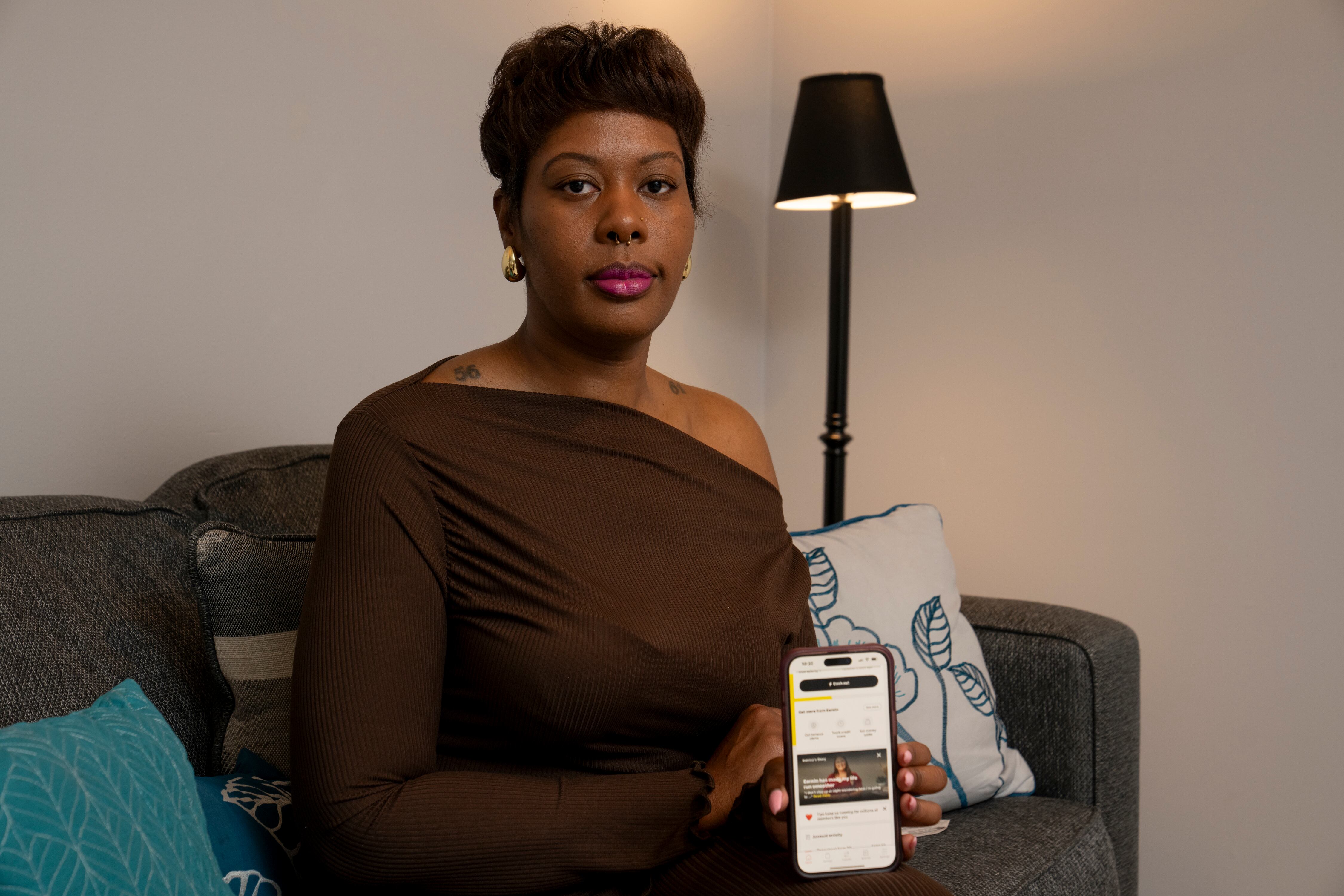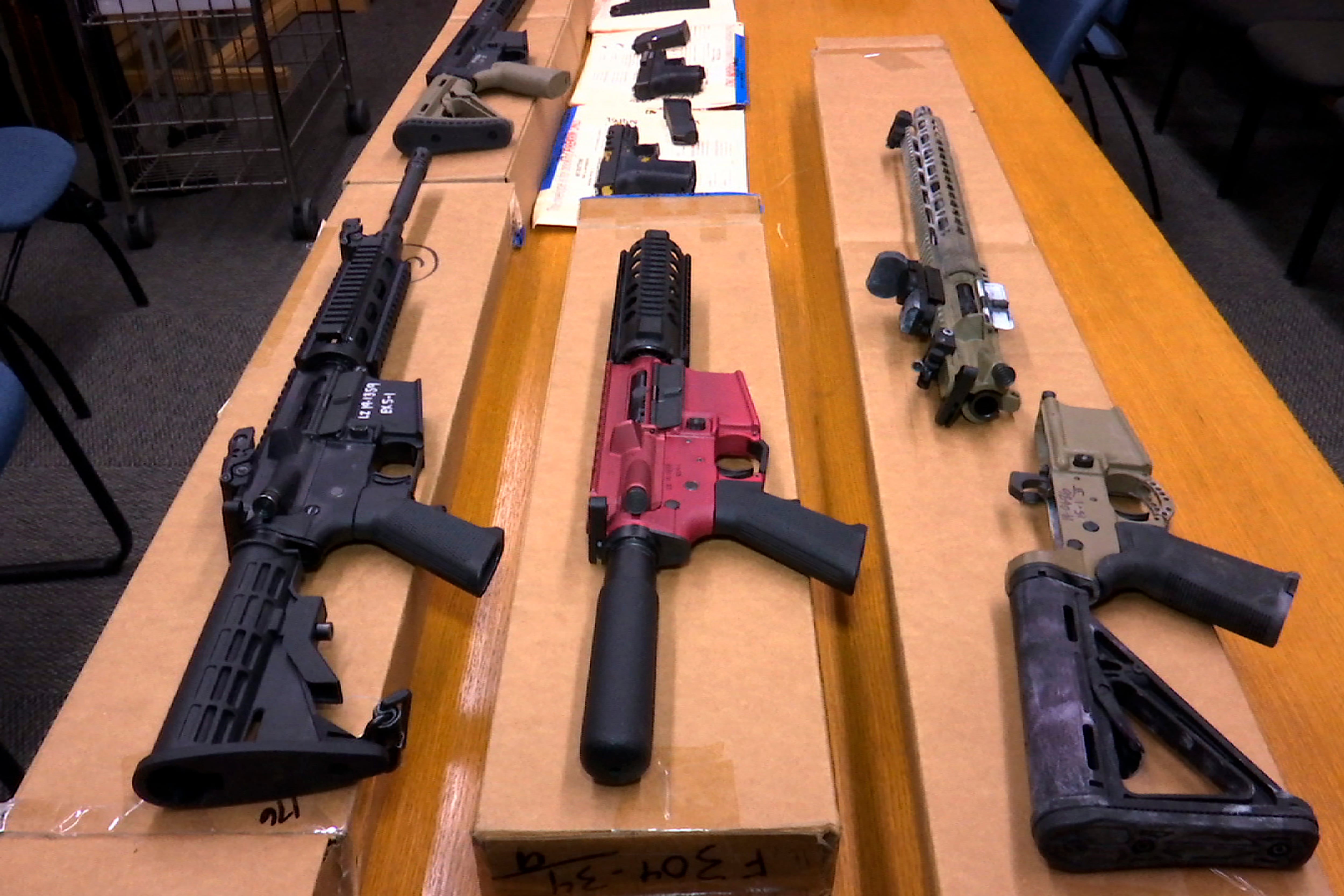*By Tracey Cheek* The Vancouver Film School announced on Cheddar Monday that it is launching a program for augmented reality and virtual reality, betting big that AR and VR will be the next disruptive force in entertainment. Christopher Ian Bennett, Executive Producer for the Vancouver Film School, said the 10-month diploma program launching in 2019 will make VFS "one of the first and only schools in the world that offers this for augmented reality and virtual reality design and development." He said the new program is in some ways a continuation of the school's 30-year mission to tell stories through film. "Our whole foundation is around storytelling. That started with film and then television, and then that went into animation and visual effects," explained Bennett. "VR and AR, they're no different, it's all part of that. You're going to have your first-ever movie that will be a VR experience, and it's very likely going to be from one of the grads from our program." However, the school also expects the market for AR and VR to be much bigger than entertainment. He said the school's students will be on the forefront of technology that will disrupt a number of fields, including real estate, engineering, and health care. "We want to be the school that's producing the best grads in that program," said Bennett. One open question is how much consumers will be willing to pay for AR and VR movies. Bennett said the program will also look into those financing issues. "We know what the video game can cost when it's a best-seller, we know what a simple app like Pokemon Go can cost for a consumer," explained Bennett. "Part of our course is studying how VR and AR works within the industry and how consumers are interacting with it because want to foster that kind of disruption and that's how it's going to lead the market." For full interview [click here](https://cheddar.com/videos/how-the-vancouver-film-school-shaping-the-next-generation-of-creators).










